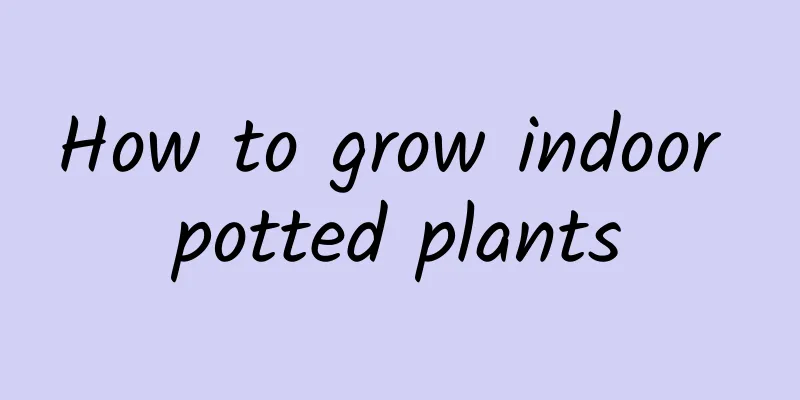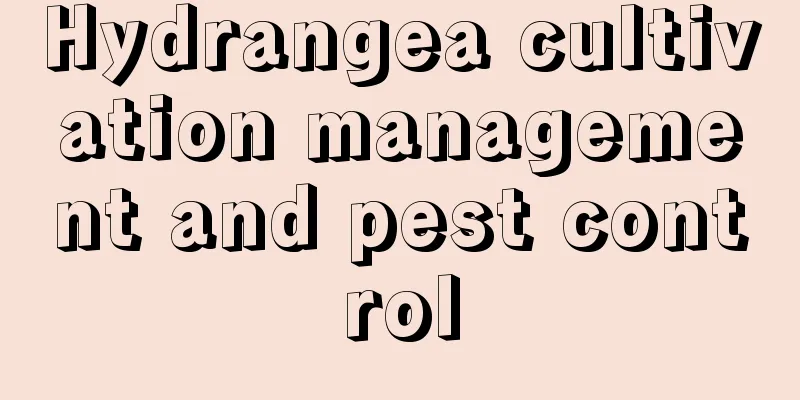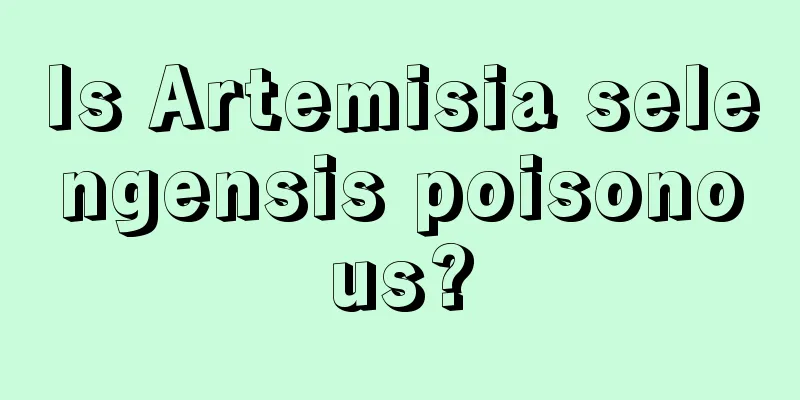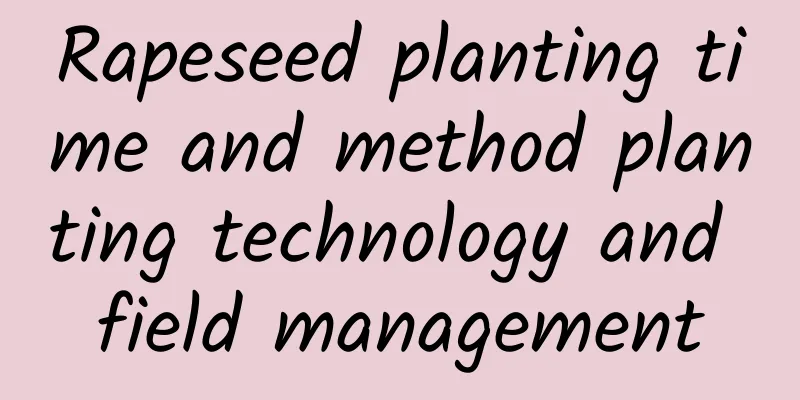How to grow indoor potted plants

Indoor potted plant maintenanceIndoor potted plants are subject to specific environmental conditions, and daily maintenance is much more complicated than those planted in the ground, but they are basically suitable for planting in loose, fertile, well-drained soil. They must also be provided with sufficient light and shade in summer. Generally, watering, fertilizing, and pruning are carried out once a week or so. Indoor potted plant cultivation methodThe indoor temperature is relatively stable and the air is dry, so it is necessary to water in time to keep the soil moist. Also, spray water appropriately to keep it moist. Ventilate frequently and maintain a good ventilation environment to create a good growth environment for plants. If diseases and pests occur, they must be prevented and controlled as soon as possible. Indoor potted plantsIndoor potted plants need to receive sufficient sunlight and are suitable for maintenance on the balcony. They should be shaded in summer to avoid exposure to strong sunlight and watered in time. If the flowerpot is much lighter, you can water it thoroughly once. Choose suitable plants according to your needs. How often to water indoor potted plantsIndoor plants do not receive enough light and their physiological activities are relatively slow, so the amount of watering should be reduced appropriately and water accumulation should not occur. Plants can be watered once the soil is completely dry. Generally, they should be watered once every 3-7 days. During the peak growth periods in spring and summer, the number of watering can be increased, and less watering can be done in winter. Indoor potted plant pruningDense, messy, and overly long branches and leaves of indoor potted plants can be trimmed in time. This is beneficial to maintaining the balance of the plant's posture, unblocking the plant's growth space, and making the plant grow more vigorously. In order to enhance the plant's ornamental value and make the overall look more beautiful, you can selectively cut off some branches and leave some good-looking branches. Precautions for indoor potted plant maintenanceIndoor plants are suitable for growing in a well-ventilated environment. They should be ventilated frequently in summer and avoid direct exposure to cold wind in winter. The indoor air is relatively dry. You can spray water appropriately to keep it moist and keep the soil in the pot moist. They can grow well in an environment without water accumulation. |
<<: Konjac Growth Environment Conditions and Characteristics
>>: Tea tree growth environment conditions and characteristics
Recommend
How to distinguish between delphinium and delphinium
Introduction to Delphinium Delphinium, a member o...
How to grow peppermint
Introduction Origin of the name This mint was fir...
When is the best time to prune the maple?
Time to prune maple leaves The pruning time for t...
How to care for newly bought arrowroot
1. Lighting Arrowroot prefers a relatively cool e...
The causes and solutions of yellowing leaves of bougainvillea
Many people particularly like Bougainvillea for i...
The flowers of these 7 kinds of flowers are bigger than your fist. If you don’t grow them, you will regret it for the rest of your life!
Peony May is the month when peonies bloom. Althou...
Can the money tree be pruned? How to trim?
The money tree , scientifically known as the fort...
The breeding methods and precautions of Yemen iron
1. Soil It is best to use loose, well-drained, sl...
What is lettuce?
What is lettuce? Romaine lettuce is a plant of th...
How to make gardenia bloom more
1. Fertilize before flowering Gardenia needs nutr...
What is the difference between half-branch lotus and half-flowered lotus?
The difference between barbata and barbata Scutel...
How to grow pepper seeds and when to plant pepper seedlings
1. How to plant saplings 1. Determine a good plan...
How to prune Cinnamomum cassia
1. How to prune 1. You should decide how to prune...
How many years does it take for cherries to bear fruit?
Introduction to Cherry Planting Cherries prefer a...
Cultivation methods and precautions of Dendrobium densiflorum
Plant characteristics First of all, it prefers a ...









